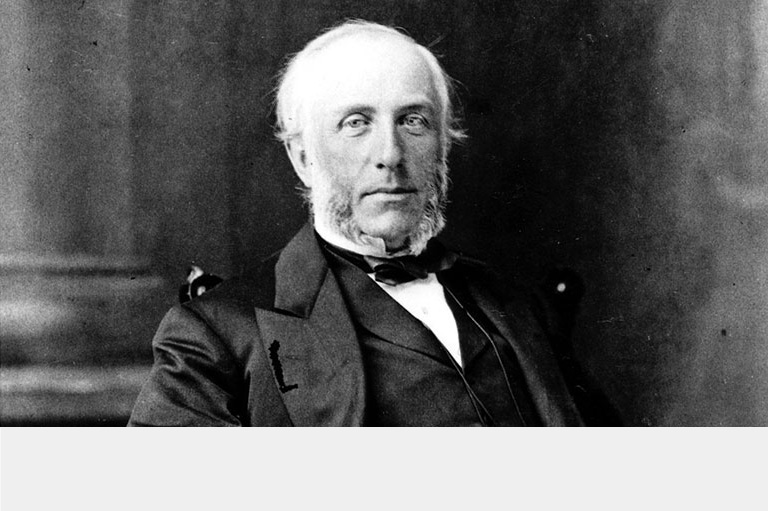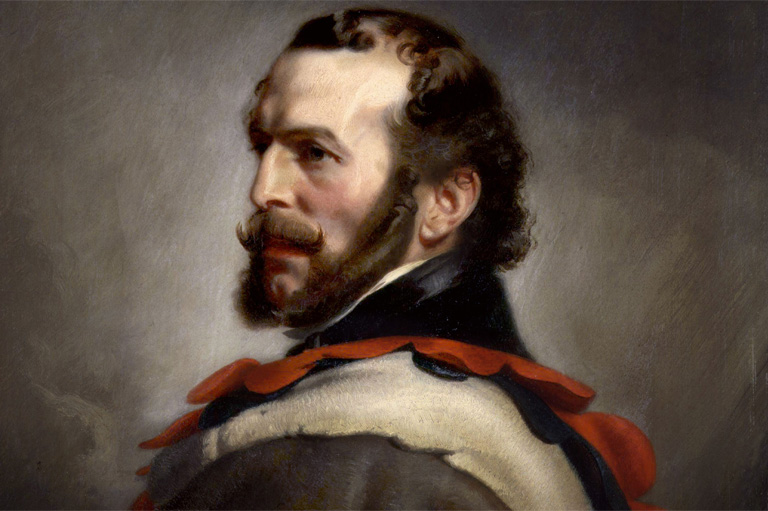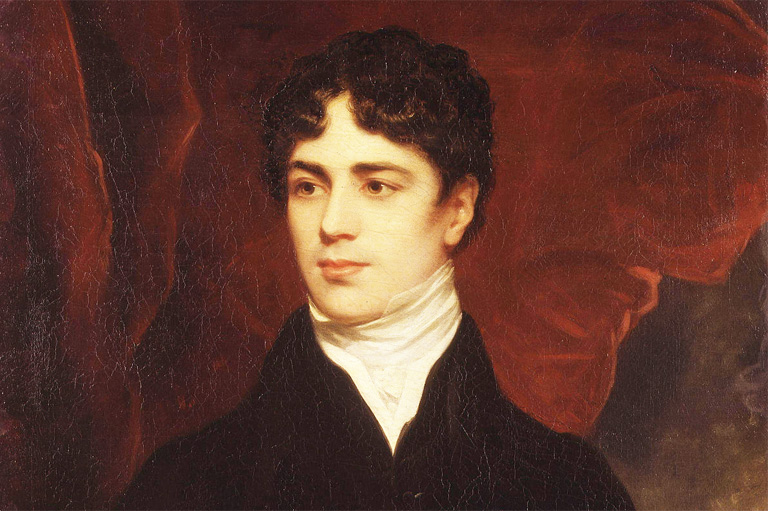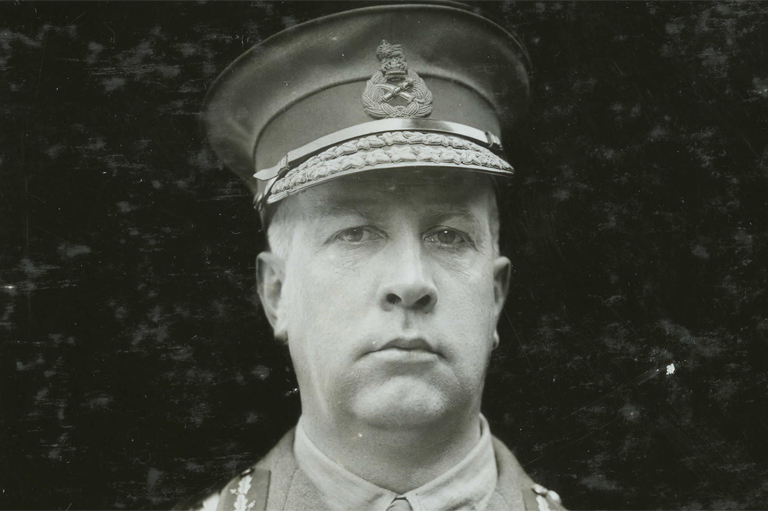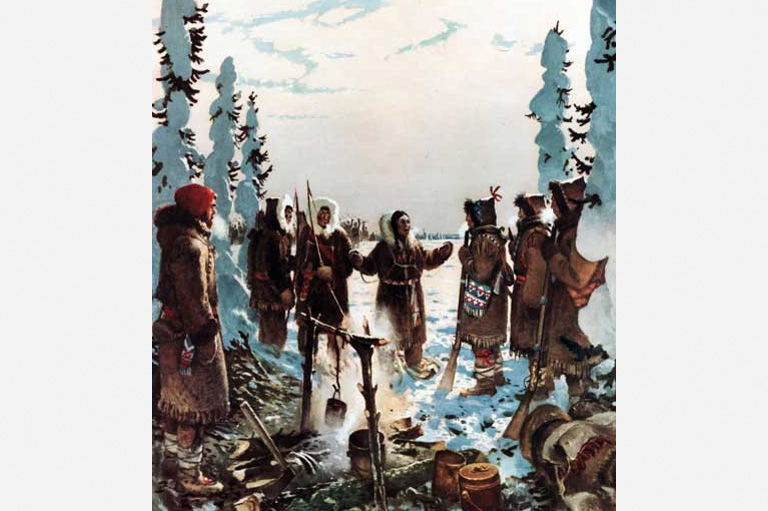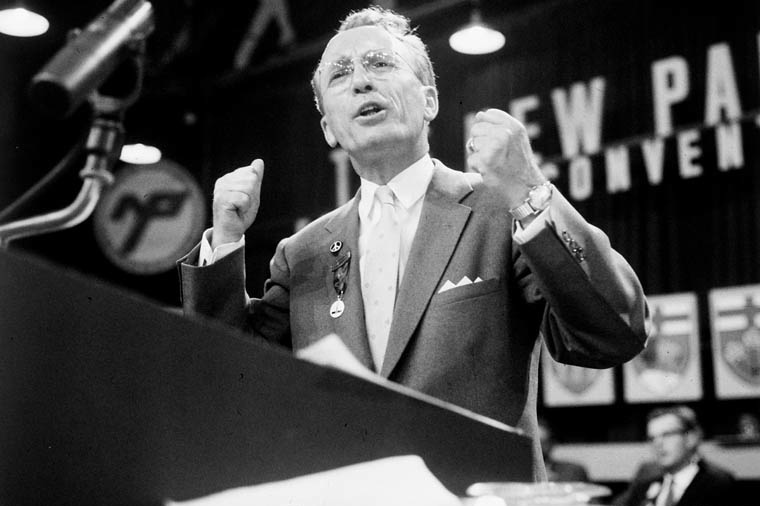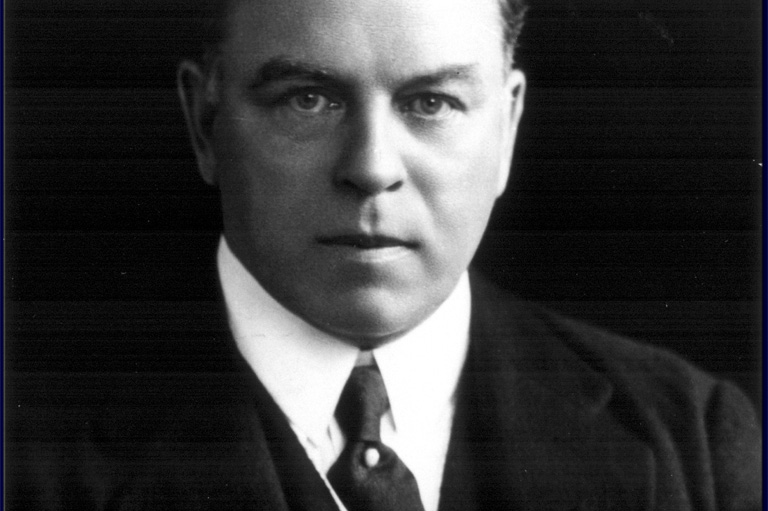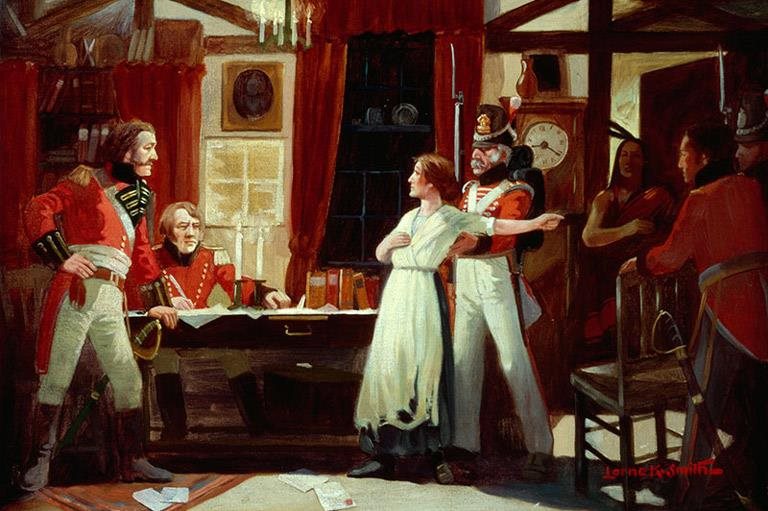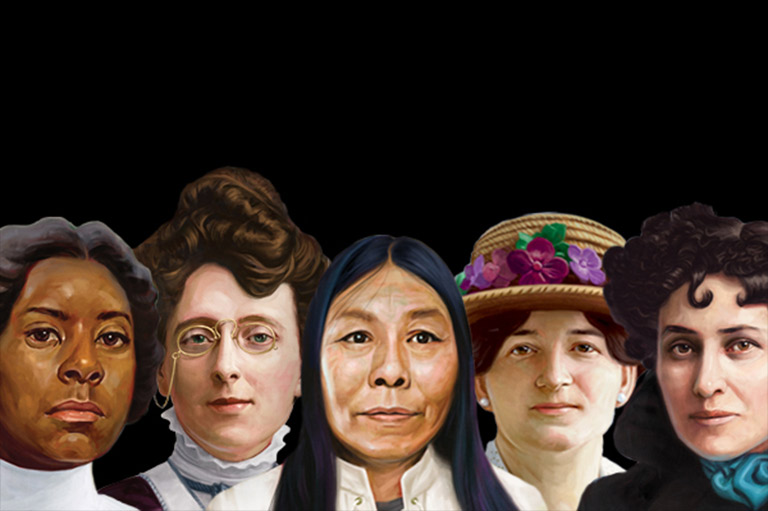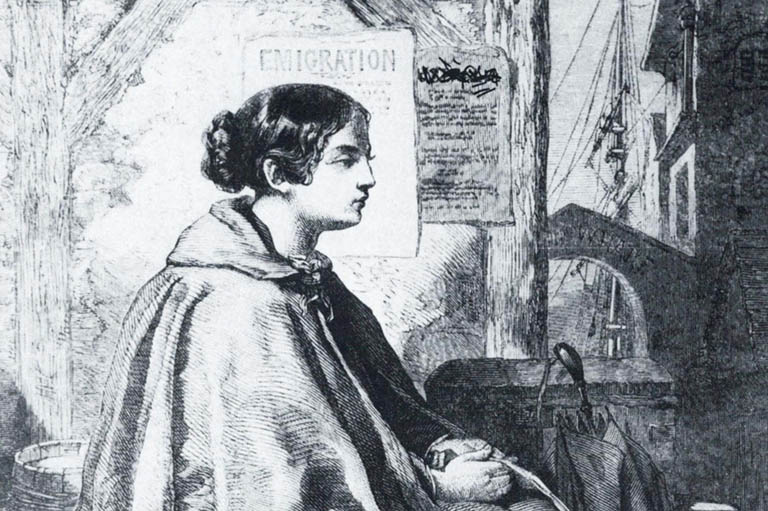History Idol: Agnes Macphail
Agnes Macphail was the first woman in Canada to break into the House of Commons, and she was far more than a token female politician during her long career serving her constituents.
Born in rural Ontario, Macphail overcame the conservative expectations of her family and made a career for herself as a teacher, working at several rural postings. But she soon found her calling in politics.
Macphail was raised by farmers and was acutely aware of the issues they faced. She was elected to represent them in 1921 — the first woman elected to the federal government.
Thus followed a productive political career in both federal and provincial politics during which Macphail fought tirelessly against a barrage of gender discrimination through which she had to constantly prove herself worthy. Even with this added pressure, Macphail championed issues such as worker’s rights, prison reform, seniors’ pension, and gender equity, making great headway in many areas.
Writer and humourist Will Ferguson admires Macphail over other gender pioneers because of her progressive take on gender equity. Unlike persons case champion Emily Murphy and Nellie McClung, who fought for women’s vote, Ferguson says Macphail did not subscribe to the then-prominent maternal feminist camp that serves to further divide the genders. Maternal feminists argue that women deserve a place in politics due to their more gentle, pure and nurturing natures, which would have a positive effect on political doings.
“Agnes Macphail[’s approach] was very much equal rights, which is the fact that women deserved the vote not because they’re angels and not because they’re special, but because they are people with those rights, and equal rights are an end in themselves,” Ferguson explains.
Ferguson commends Macphail for standing her ground in a hostile environment, which she addressed with humour.
“What I really admire about her is that she took no guff from the men, and she was quite quite funny,” he says. “But most importantly she had an immense impact.”
“She went into politics for what she could do, not what politics could do for her.”
Macphail sets the example of a fearless politician that had the courage of her convictions, Ferguson says. She should be respected for standing her ground and keeping touch with her goal, which was to help those she represented.
“She went into politics for what she could do, not what politics could do for her. So there is an integrity to her that we sadly lack in today’s leaders,” Ferguson says. “The politicians always start off with these great principles but they soon sacrifice them on the alter of expedience, which Agnes Macphail never, never did.”
Sign up for any of our newsletters and be eligible to win one of many book prizes available.
Timeline
1890
Agnes Macphail was born on March 25 in Grey County, Ontario to Dugald Macphail and Henrietta Campbell.
1910
Macphail graduated from teacher’s college in Stratford Ontario and got a job at Gowanlocks near Port Elgin, Ontario, the first of many teaching positions.
1921
Two years after women gained the right to run for Parliament, Macphail was elected to the House of Commons in the first federal election in which women could vote, representing South-East Grey County.
1929
Macphail went as a delegate to League of Nations in Geneva — the first Canadian woman to do so. There, she was a member of World Disarmament Committee.
1936–38
Macphail played a large role in establishing a royal commission to investigate Canadian prison conditions, leading to several reforms.
1940
Macphail was defeated in the election, ending a 19-year run as MP.
1943
Macphail was one of the two first women elected into the Ontario legislature, the other being Rae Luckock. Though she was not re-elected in 1945, she regained a spot in the legislature from 1948-51.
1951
Macphail brought in legislation demanding equal pay for equal work for Ontario women.
1954
Macphail died just before Senate appointments were to be announced, for which she was being considered.
If you believe that stories of women's history should be more widely known, help us do more.
Your donation of $10, $25, or whatever amount you like, will allow Canada’s History to share women’s stories with readers of all ages, ensuring the widest possible audience can access these stories for free.
Any amount helps, or better yet, start a monthly donation today. Your support makes all the difference. Thank you!

